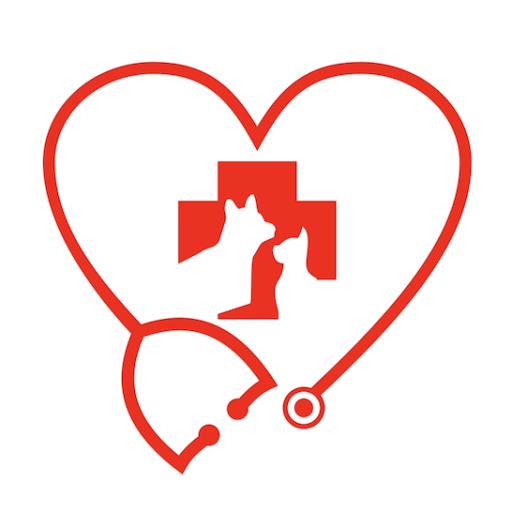Depression
Depression is a mood disorder that causes a persistent feeling of sadness and loss of interest. Also called major depressive disorder or clinical depression, it affects how you feel, think and behave and can lead to a variety of emotional and physical problems. You may have trouble doing normal day-to-day activities, and sometimes you may feel as if life isn’t worth living.
More than just a bout of the blues, depression isn’t a weakness and you can’t simply “snap out” of it. Depression may require long-term treatment. But don’t get discouraged. Most people with depression feel better with medication, psychotherapy or both.
Symptoms
Although depression may occur only once during your life, people typically have multiple episodes. During these episodes, symptoms occur most of the day, nearly every day and may include:
- Feelings of sadness, tearfulness, emptiness or hopelessness
- Angry outbursts, irritability or frustration, even over small matters
- Loss of interest or pleasure in most or all normal activities, such as sex, hobbies or sports
- Sleep disturbances, including insomnia or sleeping too much
- Tiredness and lack of energy, so even small tasks take extra effort
- Reduced appetite and weight loss or increased cravings for food and weight gain
- Anxiety, agitation or restlessness
- Slowed thinking, speaking or body movements
- Feelings of worthlessness or guilt, fixating on past failures or self-blame
- Trouble thinking, concentrating, making decisions and remembering things
- Frequent or recurrent thoughts of death, suicidal thoughts, suicide attempts or suicide
- Unexplained physical problems, such as back pain or headaches
For many people with depression, symptoms usually are severe enough to cause noticeable problems in day-to-day activities, such as work, school, social activities or relationships with others. Some people may feel generally miserable or unhappy without really knowing why.
Depression symptoms in children and teens
Common signs and symptoms of depression in children and teenagers are similar to those of adults, but there can be some differences.
- In younger children, symptoms of depression may include sadness, irritability, clinginess, worry, aches and pains, refusing to go to school, or being underweight.
- In teens, symptoms may include sadness, irritability, feeling negative and worthless, anger, poor performance or poor attendance at school, feeling misunderstood and extremely sensitive, using recreational drugs or alcohol, eating or sleeping too much, self-harm, loss of interest in normal activities, and avoidance of social interaction.
Depression symptoms in older adults
Depression is not a normal part of growing older, and it should never be taken lightly. Unfortunately, depression often goes undiagnosed and untreated in older adults, and they may feel reluctant to seek help. Symptoms of depression may be different or less obvious in older adults, such as:
- Memory difficulties or personality changes
- Physical aches or pain
- Fatigue, loss of appetite, sleep problems or loss of interest in sex — not caused by a medical condition or medication
- Often wanting to stay at home, rather than going out to socialize or doing new things
- Suicidal thinking or feelings, especially in older men
When to see a doctor
If you feel depressed, make an appointment to see your doctor or mental health professional as soon as you can. If you’re reluctant to seek treatment, talk to a friend or loved one, any health care professional, a faith leader, or someone else you trust.
Showing all 10 results
-
Sale!

Bupivacaine Injection
Price range: $170.00 through $2,680.00 Select options This product has multiple variants. The options may be chosen on the product page -
Sale!

Calypsol
Price range: $170.00 through $2,680.00 Select options This product has multiple variants. The options may be chosen on the product page -
Sale!

Ketalar
Price range: $170.00 through $2,680.00 Select options This product has multiple variants. The options may be chosen on the product page -
Sale!

Ketamax
Price range: $170.00 through $2,680.00 Select options This product has multiple variants. The options may be chosen on the product page -
Sale!

Ketamine Crystal Powder
Price range: $200.00 through $3,450.00 Select options This product has multiple variants. The options may be chosen on the product page -
Sale!

Ketamine HCL
Price range: $170.00 through $2,680.00 Select options This product has multiple variants. The options may be chosen on the product page -
Sale!

ketanest
Price range: $170.00 through $2,680.00 Select options This product has multiple variants. The options may be chosen on the product page -
Sale!

Ketarol
Price range: $170.00 through $2,680.00 Select options This product has multiple variants. The options may be chosen on the product page -
Sale!

lidocaine injection
Price range: $170.00 through $2,680.00 Select options This product has multiple variants. The options may be chosen on the product page -
Sale!

Tiletamine
Price range: $170.00 through $2,680.00 Select options This product has multiple variants. The options may be chosen on the product page
